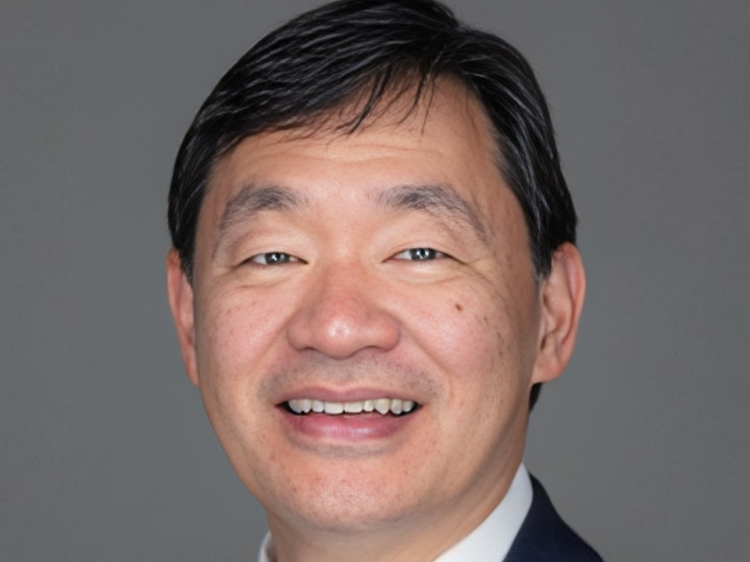Patrick Hwu shared a post on X:
“The combination of anti-LAG-3 and anti-PD1 antibodies is US FDA approved for patients with advanced melanoma.
But how is this combination working mechanistically? In a recent issue of Cell, 3 manuscripts shed light and suggest that PD-1 blockade enhances T-cell proliferation while LAG-3 blockade enhances anti-tumor effector functions including cytotoxicity, cytokine production, and expression of activating NK receptors.
These insights may lead to the optimization of future therapeutic combinations for patients.
Here are links to the 3 articles as well as an excellent overview:
Article 4-Anti-LAG-3 boosts CD8 T cell effector function. ”
Source: Patrick Hwu/X
Dr. Patrick Hwu, MD, currently serves as the President and CEO of Moffitt Cancer Center. With a focus on understanding the dynamics between tumors and the immune system, Dr. Hwu’s research has been pivotal in advancing gene-modified T cell therapy. He notably contributed seminal work on the development of the first chimeric antigen receptor aimed at combating cancer. His research portfolio extends to vaccines, adoptive T-cell therapies, and mechanisms of immune resistance.
Before joining, Dr. Hwu held numerous leadership roles at The University of Texas MD Anderson Cancer Center for over 17 years. Notably, he served as the inaugural Chairman of the Department of Melanoma Medical Oncology in 2003, as well as the Associate Director of the Center for Cancer Immunology Research. Additionally, he chaired the Department of Sarcoma Medical Oncology, demonstrating his commitment to advancing cancer treatment and research.
